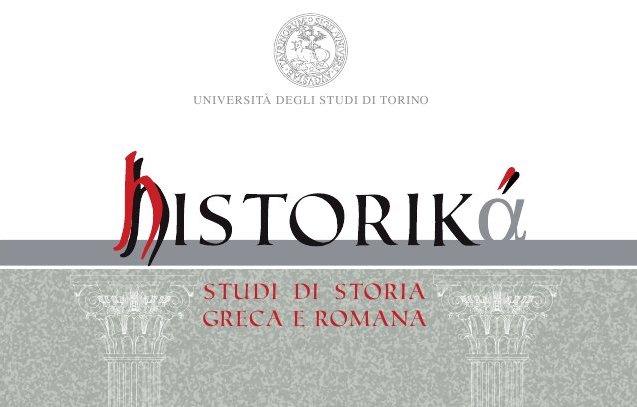Panico! La potenza di una epifania musicale. Alcune considerazioni fra sacro e profano
DOI:
https://doi.org/10.13135/2039-4985/4176Abstract
Il termine panico e il concetto a cui la parola fa riferimento possono vantare delle radici che affondano nella cultura greca di età classica e pre-classica. Se il panico assume i tratti di una paura irrazionale ed improvvisa, la sua precisa definizione appare tuttavia difficile da cogliere: nella letteratura classica e nella successiva produzione ellenistica, il panico si caratterizza come un fenomeno psicologico legato alla guerra, alle battaglie sia terrestri che navali, che si declina in un crollo psicologico di massa. Un aspetto, quello della pluralità, che non si ritrova nella definizione ad oggi adottata del panico.
A complicare il quadro, i Greci riconoscevano un legame tra il “panico” come fenomeno psicologico ed il dio Pan, una divinità altrimenti “pacifica” e legata a vari aspetti del mondo agro-pastorale.
Il presente contributo si propone di analizzare le origini del concetto di “panico” ed il suo sviluppo storico attraverso le testimonianze degli autori antichi, cercando in particolare di cogliere il panico nella sua originale accezione psicologica e di comprenderne la proiezione sul piano mitico.
The word “panic” and its implied concepts are deeply rooted in the Greek culture of classical and pre-classical times. Generally intended as a sudden and irrational fear, its definition appears to be blurred: in Classical and Hellenistic literature, “panic” appears to be generally linked to battles and warfare and strongly characterized as a mass psychological breakdown, a peculiar trait that is absent in its contemporary definition.
Furthermore, ancient Greeks linked panic to the god Pan, the musical patron of shepherds and hunters, as well as the mythic inhabitant of the wild spaces of nature.
The article aims to analyse the origins and the development of this concept through its use by ancient authors, bringing back the concept to its unique psychological dimension and proposing a theoretical model to understand its mythical projection.
Downloads
Published
Issue
Section
License
The authors who publish in this magazine accept the following conditions:
a) The authors retain the rights to their work and assign the right of first publication of the work to the magazine, simultaneously licensed under a Creative Commons License - Attribution that allows others to share the work indicating intellectual authorship and the first publication in this magazine.
b) Authors may adhere to other non-exclusive license agreements for the distribution of the version of the published work (e.g. deposit it in an institutional archive or publish it in a monograph), provided that the first publication has taken place in this magazine.


 The journal has been approved for inclusion in DOAJ. The DOAJ listing of the journal is available at
The journal has been approved for inclusion in DOAJ. The DOAJ listing of the journal is available at 

